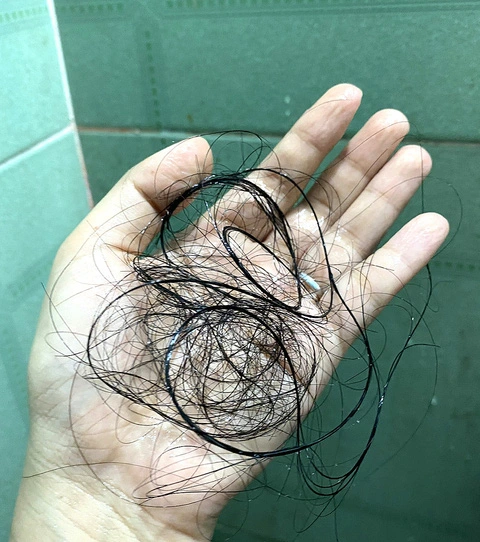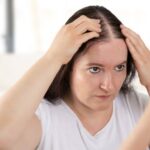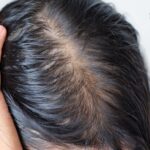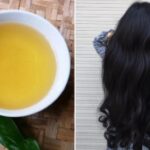There are numerous reasons why hair becomes brittle and falls out, but most people only know that the use of hair bleaching, dyeing, and perming products will damage their hair. They are unaware that their diet could also be a contributing factor. For instance, consuming excessive amounts of salt and oil can lead to hair loss. These flavorful dishes are favored by many, and some even believe that food lacks taste without a generous amount of salt and oil.
However, many individuals are unaware of their excessive salt and oil intake. This can cause the hair to retain too much water, as well as increase the oil secretion from the scalp, affecting the normal growth of hair.
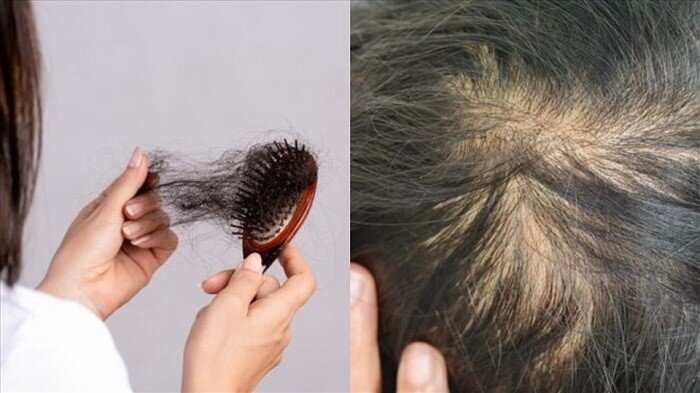
Hair thinning and loss are common issues that many women face and wish to address.
Why is eating too much salt harmful to hair?
Consuming excessive salt leads to a buildup of sodium around the hair follicle. This affects blood circulation to the follicle and prevents essential nutrients from reaching it. Ultimately, this can cause the hair to become dull and even lead to hair loss.
In reality, most people tend to consume more than the recommended daily intake of 2.3g, with men typically consuming more than women. Unfortunately, not only do heavily seasoned dishes contain high amounts of salt, but it is also present in large quantities in many other foods such as canned goods, fast food, sausages, and even sweets.
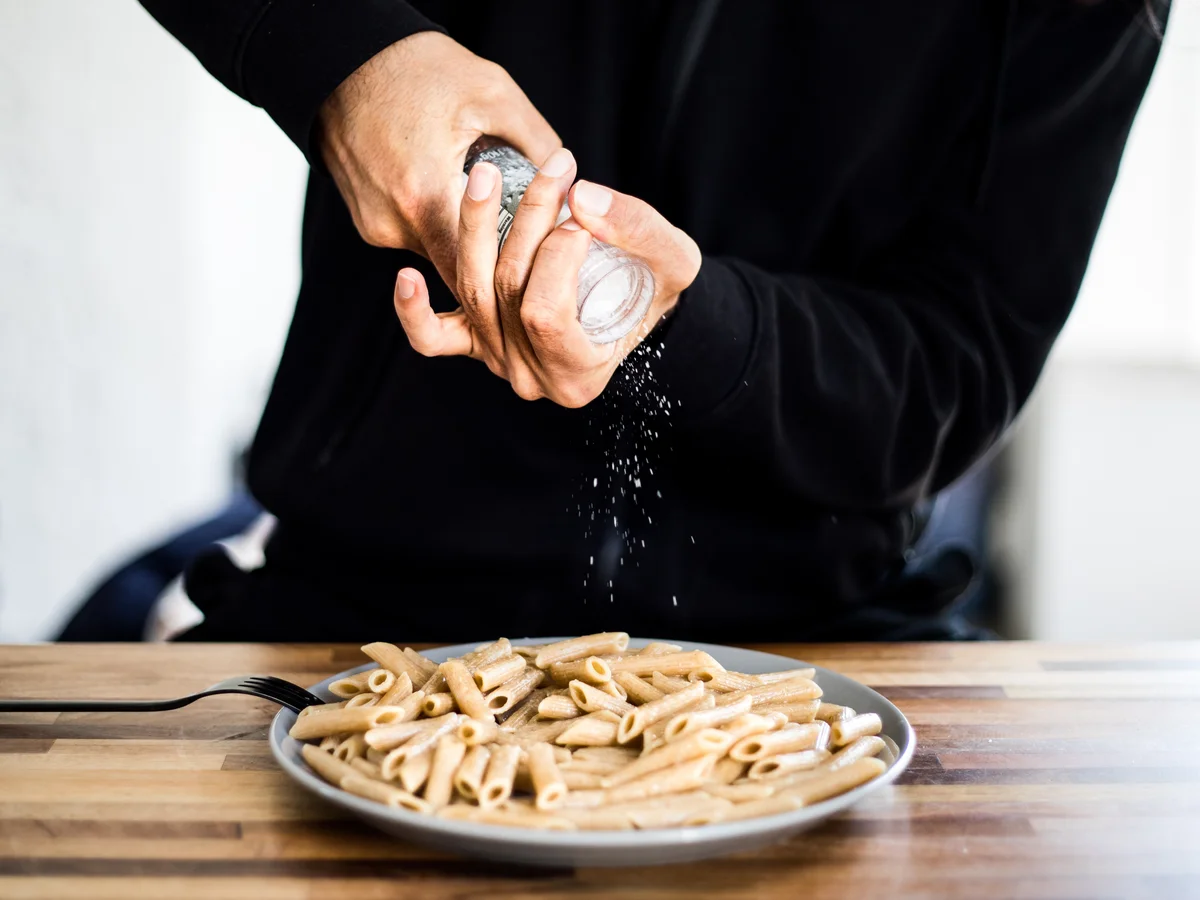
Excessive salt intake can make hair brittle and prone to breakage.
Why do fatty foods harm hair?
According to research, fatty foods can deplete hair follicle stem cells or the long-living cells in the follicle. During the normal hair growth cycle, these stem cells activate and self-renew to produce a healthy hair shaft, leading to hair growth. However, in an abnormal cycle, these cells become inactive.
Researchers concluded that a high-fat diet can contribute to an abnormal cycle by introducing inflammatory molecules into the body. These molecules cause oxidative stress and hinder the regeneration of the hair follicle, resulting in smaller follicles and accelerated hair loss.
Fatty foods can deplete hair follicle stem cells.
What to eat for thicker and healthier hair?
In addition to external hair care products, it is crucial to maintain a healthy diet. While certain foods can harm hair, others can promote thicker and healthier hair growth. Many celebrities in the entertainment industry also consume these foods to achieve their luscious manes.
1. Black foods
Black beans, black rice, black sesame seeds, and other naturally black foods have long been known to benefit hair health. From a Western medicine perspective, the unsaturated fatty acids and vitamin E found in black sesame seeds offer significant advantages for hair and nails.
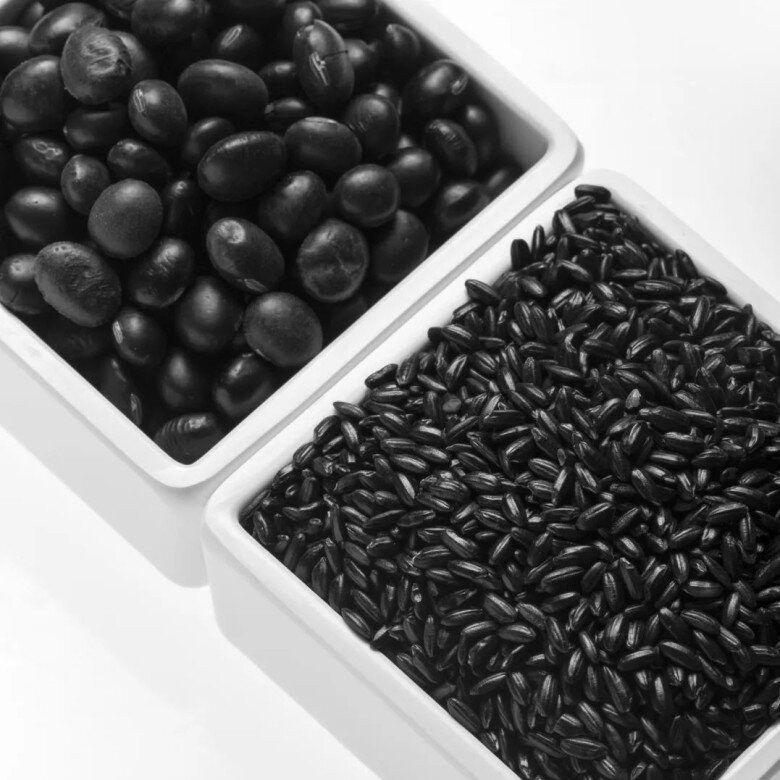
2. Anti-inflammatory foods to maintain a healthy scalp environment
If you frequently consume fried chicken, hot pot, grilled fish, and other fatty and spicy foods, pay attention to scalp inflammation. Most processed foods are acidic and have high oil and salt content, leading to incomplete metabolism and internal inflammation.
Scalp inflammation disrupts the microenvironment, making unhealthy hair inevitable. Anti-inflammatory foods are minimally processed and close to their natural state, such as nuts, whole grains, fruits, and vegetables.
3. Omega-3-rich foods for shinier and darker hair
When it comes to Omega-3, pet owners are likely familiar with its benefits. Regularly giving Omega-3 supplements to pets can enhance their fur. This principle also applies to humans. Omega-3-rich foods include fish oil, purple potatoes, nuts, deep-sea fish, and flaxseed oil.
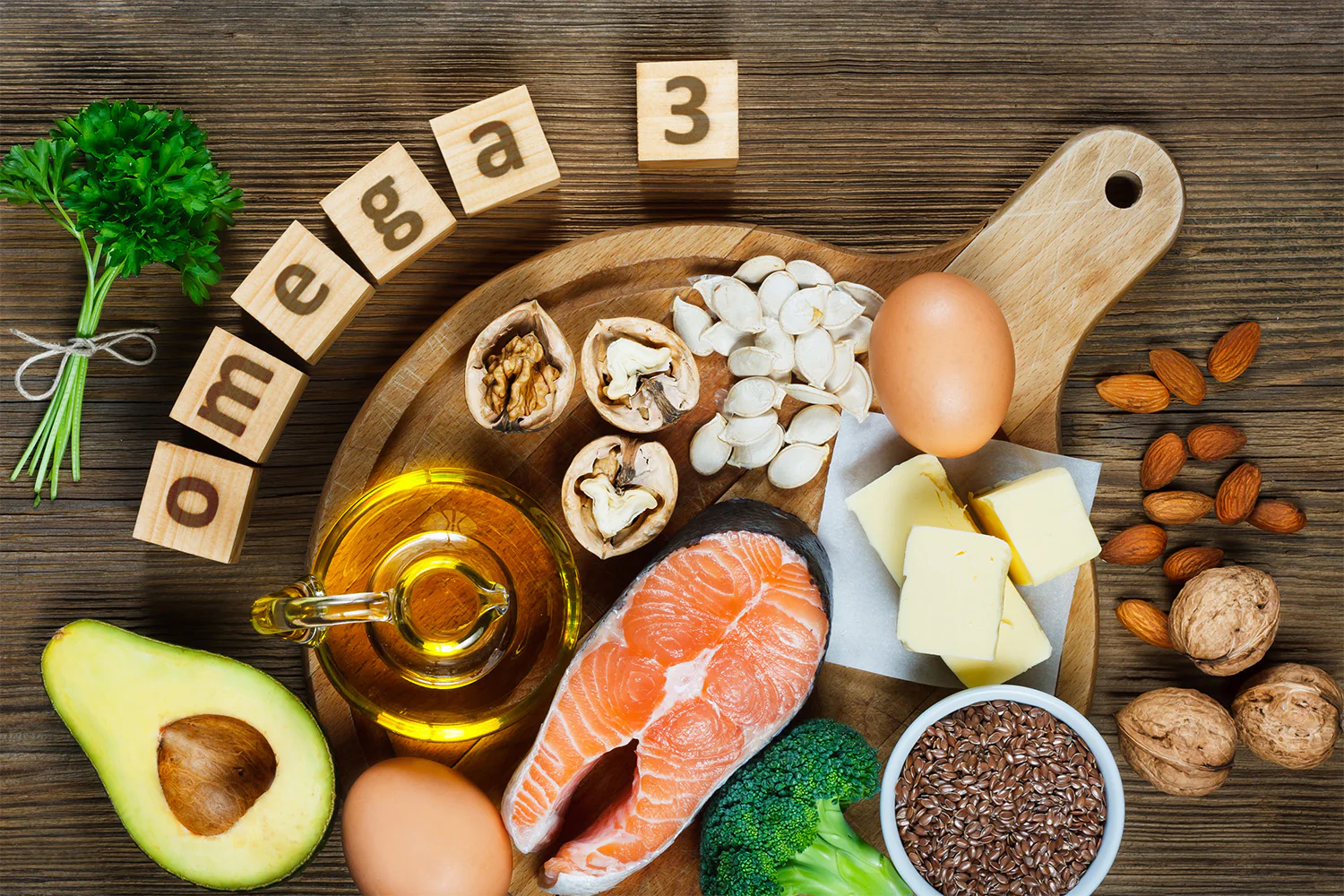
4. Vitamin B and D for prolonged hair growth
Both vitamins B and D are crucial for scalp and hair health. A deficiency in vitamin B2 and D can cause the sebaceous glands to produce excess oil and clog hair follicles. A lack of vitamin B6 can shorten hair growth and accelerate hair loss. Dairy products, whole grains, and dark-colored vegetables are excellent sources of these vitamins.
























